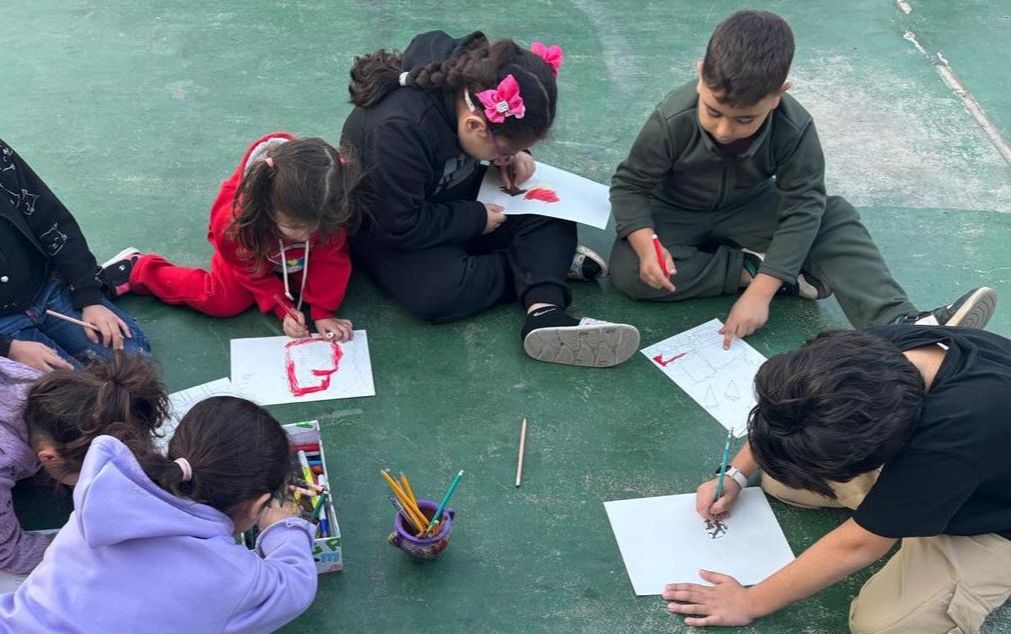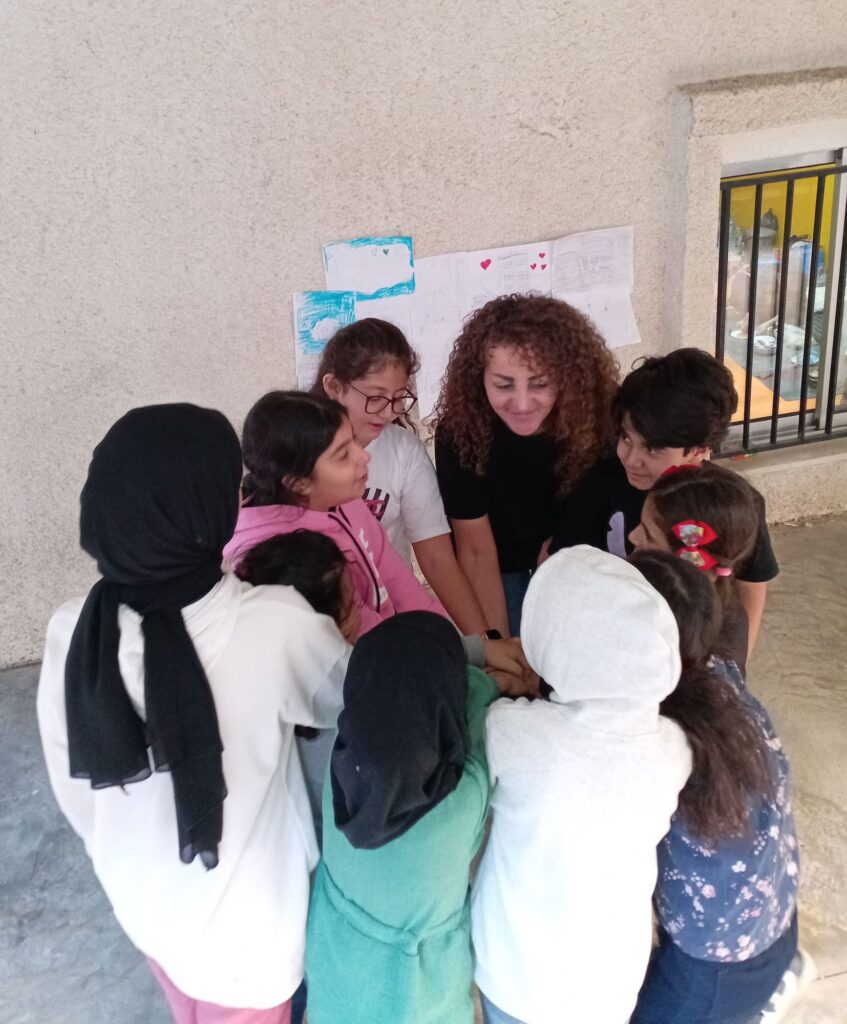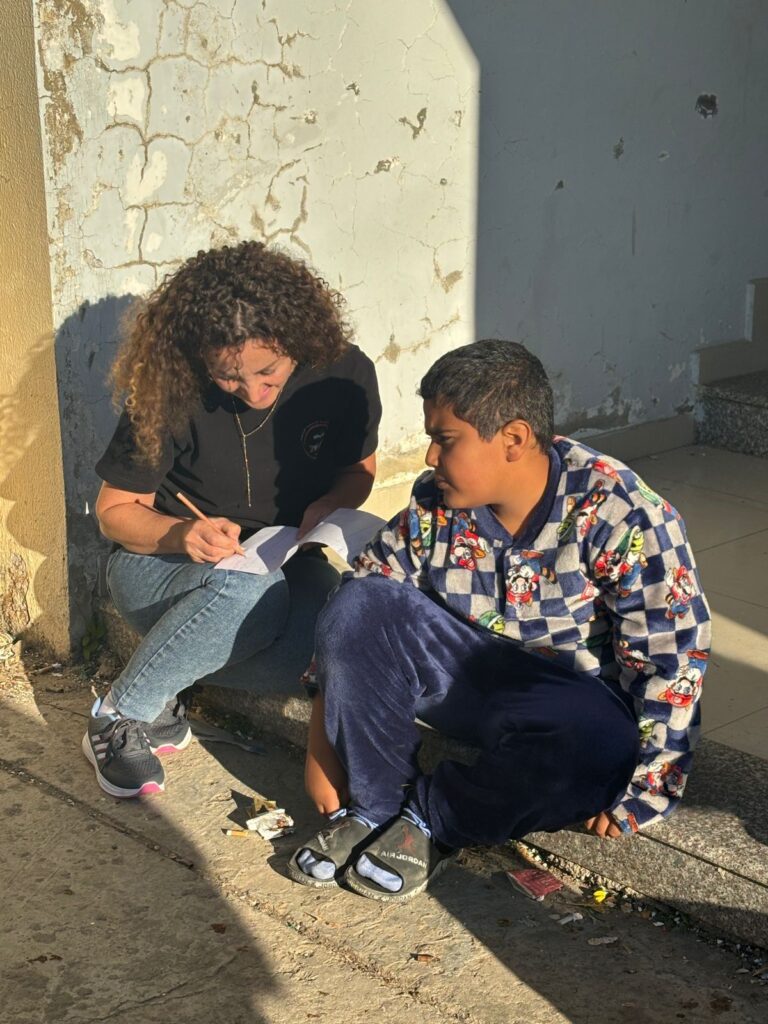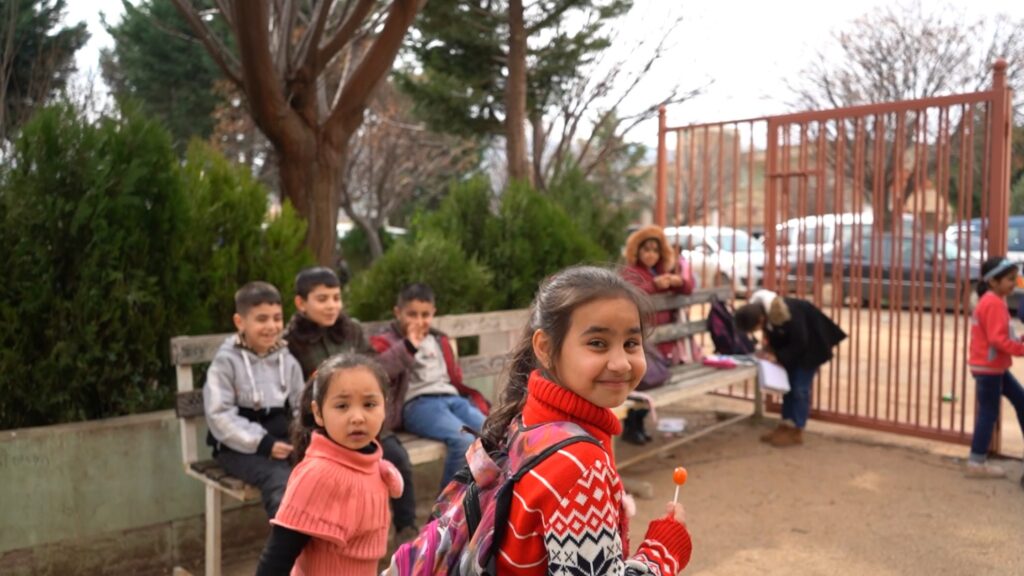As the war on Lebanon intensifies, we continue to be deeply affected by the hardships facing our communities: displacement, economic strife, and unconscionable traumas. Many of those we serve are in need of support urgently.
While the crisis can feel overwhelming, nafda is urgently responding to the critical needs of our school communities. Our emergency plan prioritizes resilience, community cohesion, and educational continuity, ensuring that learning environments remain supportive, inclusive, and responsive during these challenging times. This plan addresses both immediate needs and long-term stability.
In light of the deepening social divides and fertile ground for civic strain, our community-building initiatives are essential for fostering mutual understanding and preventing conflict. We are doing our most to facilitate the logistics, like transportation, for students to attend and practically benefit from these initiatives.
Since you last heard from us, we have expanded on our Emergency Response Plan:

1. Citizenship and Community Building
We remain dedicated to fostering strong community bonds and promoting social harmony among Lebanon’s diverse communities. Utilizing our Aal Seha Citizenship Tool and structured community activities, we’re training facilitators to promote mutual understanding and community engagement between host and displaced school communities:
- Collaborative Experiences: Team-building exercises that are designed to connect displaced students with their peers in host schools, helping to rebuild trust and foster empathy.
- Community Engagement Initiatives: Educators are spearheading service projects that unite local and displaced students, encouraging collaboration and reducing social tensions.
One facilitator speaks to her experience supporting forcibly displaced people from across the country:
 “I was moved by the level of engagement and interaction among the displaced people and the students from the school. It’s heartwarming to see such a connection when we come from different backgrounds. I loved having the opportunity to meet a new community and support them through these activities. It may help them, even if in some small way, to forget their hardships and ease the pain of the times they’re enduring.
“I was moved by the level of engagement and interaction among the displaced people and the students from the school. It’s heartwarming to see such a connection when we come from different backgrounds. I loved having the opportunity to meet a new community and support them through these activities. It may help them, even if in some small way, to forget their hardships and ease the pain of the times they’re enduring.
What I witnessed is that we are not so different. We share common dreams; we want peace, security; a united Lebanon.”
– Joelle Slim, Facilitator at Deirkouchie Official School
2. Mental Health and Wellbeing

Understanding the immense stress students and families are facing, we’ve established wellbeing programs across 20+ non-formal settings, developed with specialists to train facilitators in delivering impactful support activities. These include:
- Resilience and Life Skills Training
- Creative Expression through Art and Drama Therapy for emotional relief
- Play-Based Activities for younger children, supporting emotional stability and healthy development
3. Sustaining Education
We’re facilitating access to formal education:
- Digital Access: We are providing devices to students participating in online learning to ensure uninterrupted access to their education.
- Capacity Building for Educators: We are equipping educators with training in Mediation, Trauma-Informed Teaching, and Differentiated Instruction, enabling them to create inclusive and supportive learning environments. This training prepares teachers to address the specific needs that arise from integrating students of diverse backgrounds, fostering a positive and effective learning culture for all.
In Closing …
Our initiatives aim to support 150 schools and shelters, impacting over 270 teachers and 7,500 students. These activities not only help students and families navigate the ongoing crisis but also foster resilience and enhance mental well-being during this critical period. Moreover, they offer professional development opportunities and financial assistance to teachers who have been affected.
Our budget for these efforts is nearly $300,000 with approximately 22% secured.
For every $1,000 you contribute, you will support 25 students and 1 teacher.

